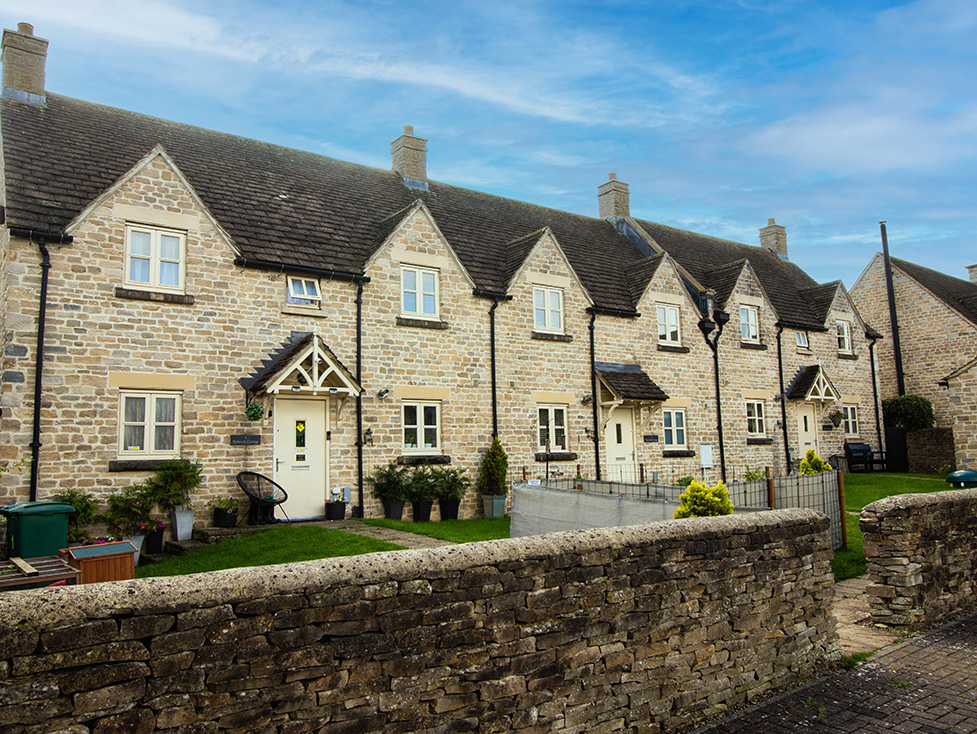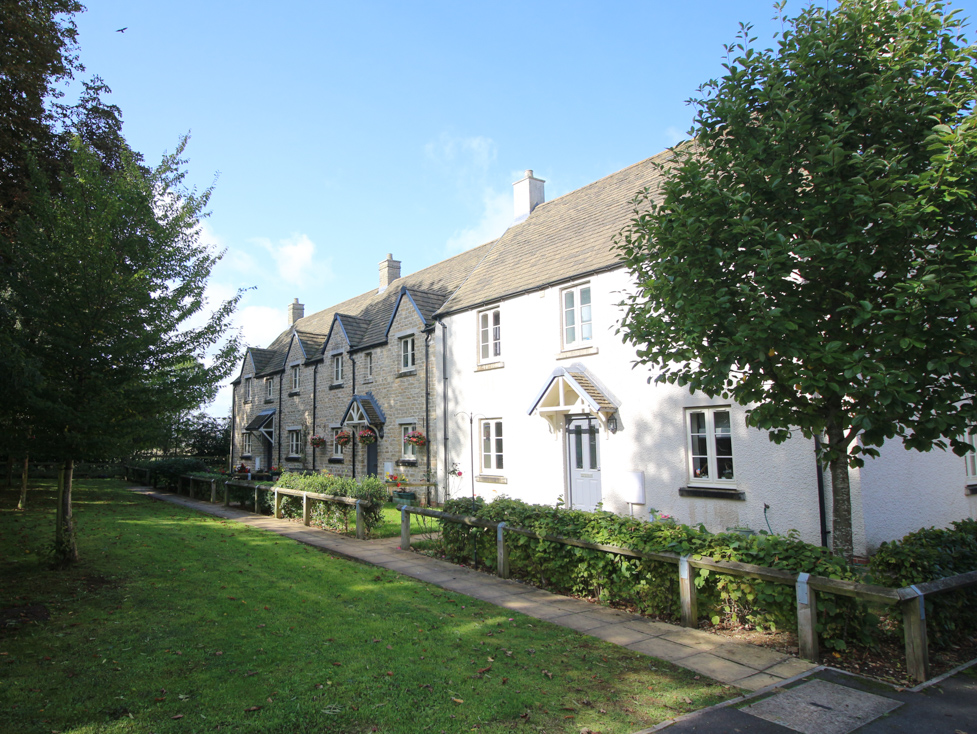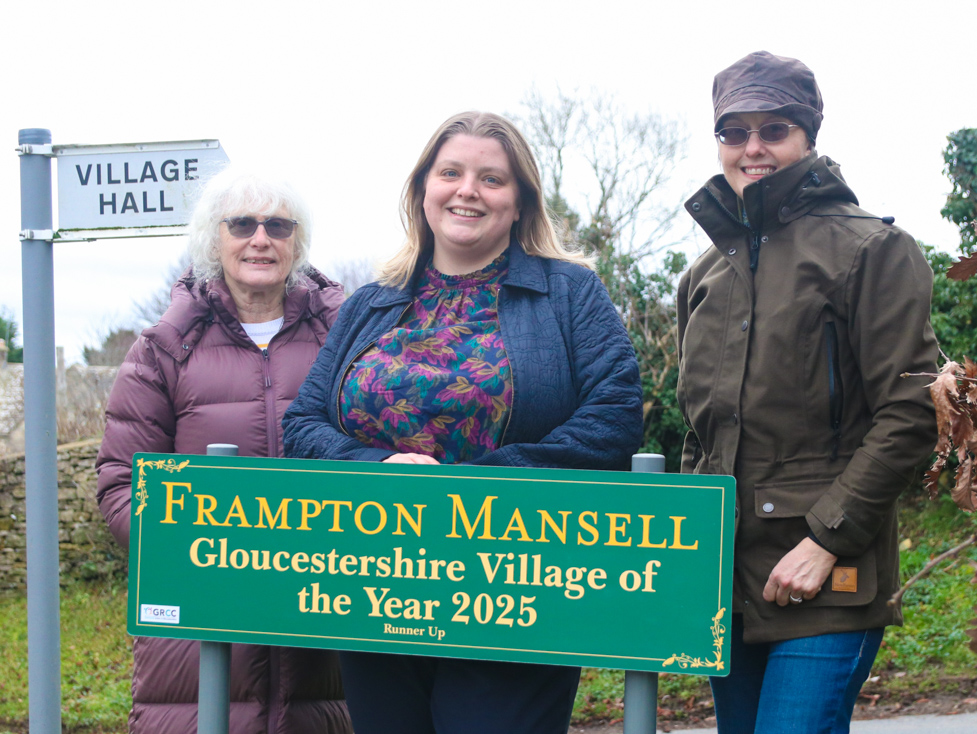- News & Events
- /
- The Spending Review

17 Jun, 2025
The Spending Review
The Spending Review, unveiled by Chancellor Rachel Reeves, is on the face of things a major milestone for the social housing sector in rural Gloucestershire. The Government’s commitment to build 1.5 million new homes nationwide with a substantial amount of those being affordable, appears to signal real intent by the Government to address what is, without question, an affordable housing crisis.
We at GRCC welcome this renewed commitment, the increase in levels of financial support, and the opportunity it presents for the Affordable Housing sector and in particular the partners we sit with on the Gloucestershire Rural Housing Partnership - a partnership that for decades has ensured the delivery of affordable rural housing in Gloucestershire.
The slight concern however, much like when the Government increased its housing targets for local authorities just after it came into power, is that there is little or no reference to Rural Housing.
Our work over decades evidences quite clearly that many of Gloucestershire’s rural parishes and villages need designated help to remain sustainable, and that the continued lack of specific reference for rural affordable housing leaves a question mark over how funding will be made available to support the needs of those living and working in the countryside, where affordable challenges remain amongst the most severe.
These communities continually tell us about the difficulties they face, and our surveys and pre-engagement work evidence that a lack of infrastructure, and the enforced migration of young people and families to find affordable housing or work is threatening the sustainability of those parishes.
Balanced communities, where demographics mix and live alongside each other, are becoming rarer in rural Gloucestershire as house and land prices rise to exorbitant and unsurmountable levels for individuals looking to buy, or even for the organisations looking to develop affordable housing.
The Spending Review outlines a £39 billion investment in affordable housing over the next ten years, and a new ten-year housing rent settlement for housing associations at levels asked for by the sector. The magnitude and certainty will provide the confidence needed and help to leverage significantly higher levels of private capital from housing associations as they now work to deliver shared growth ambitions. The government has also pledged to reduce Right to Buy discounts, helping to retain more homes within the social housing stock. The continued investment in environmental improvements within the review will be much welcomed by rural communities who consider such issues hugely important as they seek positive change for low-income households, driving down carbon usage and household energy bills.
But the very specific issues, needs and difficulties faced by everyone trying to deliver or secure affordable housing in rural areas is once again sadly lacking.
The Government and its agencies must not once again overlook the very complex needs of rural communities in favour of the relatively “low hanging fruit” of delivery in more urban and even metropolitan areas.
During Rural Housing Week in July, GRCC will be highlighting these issues, the multiple benefits of affordable housing and the different ways that communities can bring forward their own affordable housing through a Community-Led approach.
Over the past two decades, the shortage of affordable homes in rural England has become a critical issue. Rising house prices, limited land availability, and planning constraints have combined to create a perfect storm. Young people and families are being priced out of the communities they grew up in, while key workers struggle to find homes near their places of employment. The result is a slow erosion of rural life, with schools, shops, and services under threat as populations decline or age.
Recent research using the government’s own assessment methodology showed that the need for affordable homes in smaller rural settlements was twice that of urban areas.
Despite this, the Spending Review contains no specific targeted measures to address the unique challenges facing rural housing:
- there is no dedicated rural housing fund
- there are no rural exception site incentives
- there are no tailored planning reforms to unlock small-scale developments that are so vital to sustaining rural communities
- there is no specified housing target for rural areas.
Sites that develop as few as four or five affordable homes can make the difference in some villages.
There needs to be help, serious, targeted help for those trying to deliver those homes of the right size, the right tenure, and in the right place.
The Government's obvious commitment to addressing the housing crisis is welcome indeed, but it needs to listen to the ever-increasing number of rural voices, and this is the opportunity for them to do just that and ensure that rural life continues as we all hope it should.
If you're in need of affordable housing in rural Gloucestershire, or you are a business, a landowner, or an SME developer who wants to help your community remain balanced and sustainable, please email us via affordablehousing@grcc.org.uk



